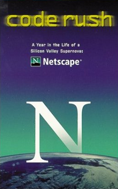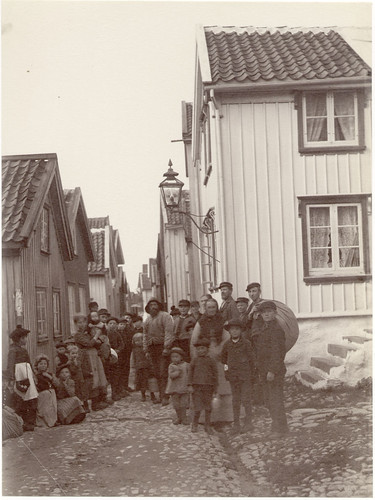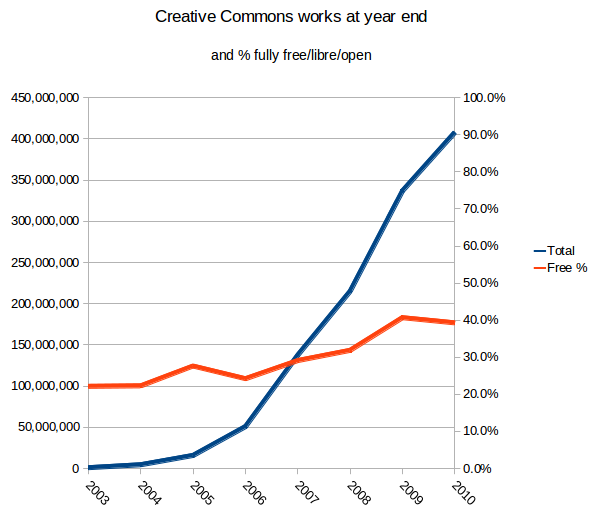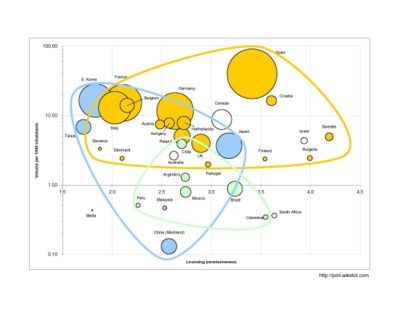One of the best things about the internet is the amount of cool material is available online. Now The Art of Community by Jono Bacon is available under a Creative Commons license. Here is some information from his website http://www.artofcommunityonline.org/

When I started work on The Art of Community I was really keen that it should be a body of work that all communities have access to. My passion behind the book was to provide a solid guide to building, energizing and enabling pro-active, productive and enjoyable communities. I wanted to write a book that covered the major areas of community leadership, distilling a set of best practices and experiences, and illustrated by countless stories, anecdotes and tales.
But to give this book real value, I was keen to ensure the book could be freely accessed and shared. I wanted to not only break down the financial barrier to the information, but also enable communities to share it to have the content be as useful as possible in the scenarios, opportunities and problems that face them. To make this happen O’Reilly needed to be on board to allow the book to be freely copied and shared, in an era in which these very freedoms threaten the publishing world.
Even if you don’t buy it, I would be hugely grateful that if you like it, please go and review it on Amazon. This is a hugely contribution. Thanks!
You can download the The Art of Community here.







